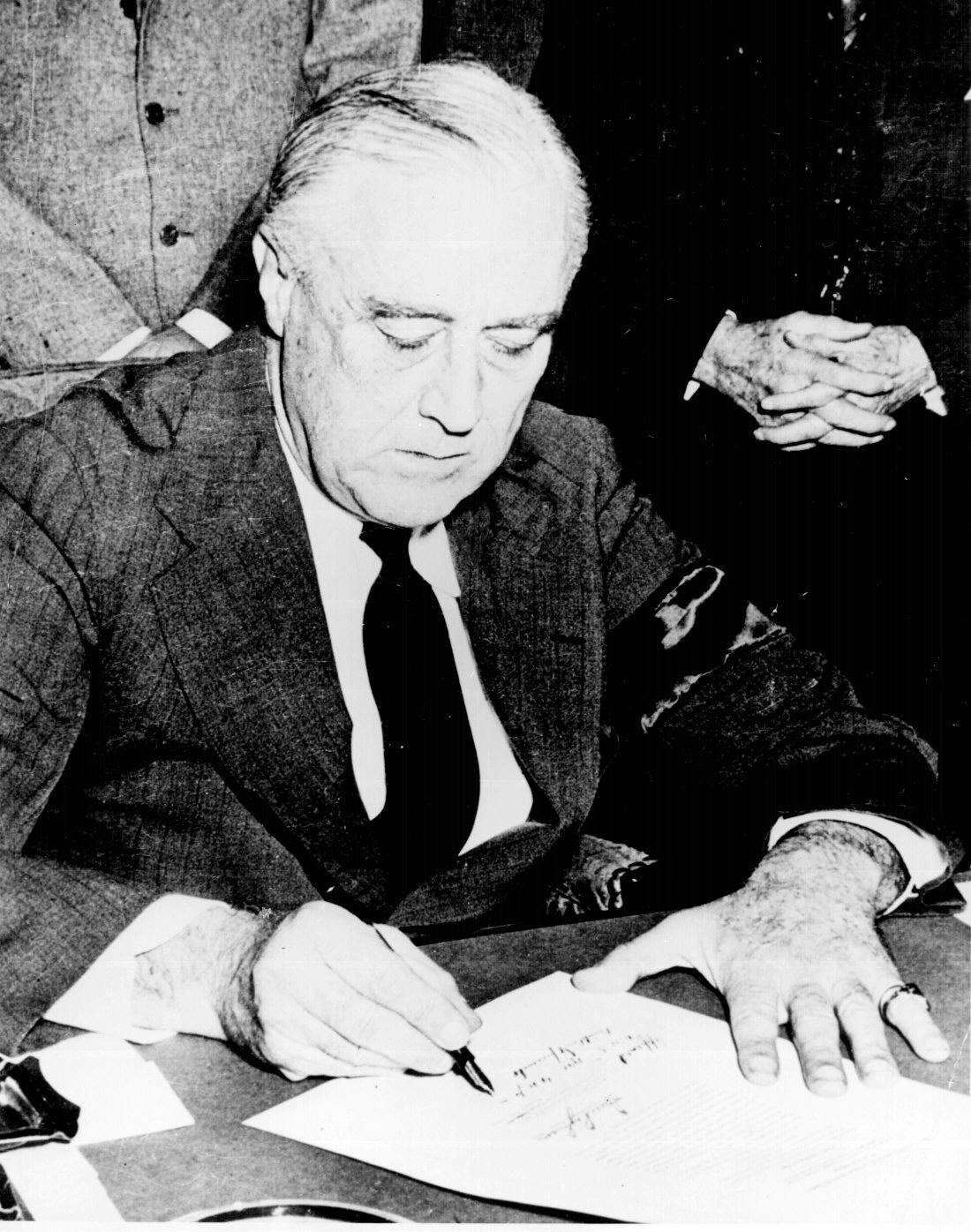
Following President Obama’s recent address laying out a strategy deploying airstrikes and advisers to defeat the Islamic State, there has been a flurry of debate regarding Congress’ role in this use of the military. According to an editorial in last Friday’s New York Times, “Congress appears perfectly willing to abdicate one of its most consequential powers: the authority to declare war.”
The Times’ editorial team, as well as many others, misunderstands what it would mean to declare war. States declare war upon each other. Sometimes non-state actors declare war upon states. But we lack a mechanism whereby states could declare war on non-state actors, or even individuals. Although the Constitution (see Article 1, Section 8) does not prohibit declaring war against non-state actors, historically declarations of war have required that both parties be recognized as sovereign entities. If we had a way to declare war on non-state actors, the US might have declared war on Al Qaeda in 2001 or on Saddam Hussein in 2003 (or, perhaps, earlier). But US reticence to intervene in Syria during the height of its ongoing civil war suggests that we will not declare war on Syria, especially given that the interests of the US and the Assad regime are aligned with respect to the goal of defeating ISIS. Iran and Iraq, in what appears to be a new chapter in the “strange bedfellows” annals of international politics, are also allies in this fight.
A major reason states do not declare war upon non-state actors is because doing so would accord these actors the very legitimacy, rights and status that states are fighting to keep them from gaining. We observe this most easily in civil wars, where rebel groups might declare war upon states, but states tend not to reciprocate, instead labeling rebels as criminals or terrorists.
There are other reasons not to expect a US declaration of war against ISIS. As I have shown, all states have pretty much stopped declaring war. The US is no exception – Congress has not declared war since World War II. This decline is not due to a decline in war – there have been plenty of wars and armed conflicts since the Second World War, and the US participated in many of them. Rather, once states issue a formal declaration of war they unequivocally oblige themselves to comply with international humanitarian law. And as the standards of complying with international humanitarian law have risen over time, states appear to be increasingly reluctant to step over the bright line of issuing a formal declaration of war.
What, then, are Congress’ options for exercising its authority over US foreign policy? A more standard approach would be a Congressional authorization for the use of military force. Here, there is precedent for setting a non-state actor as a target, albeit a fairly old one: in 1802, Congress authorized the use of force against Barbary pirates. We should, therefore, hope to see debate in the coming weeks over a Congressional authorization, particularly over whether existing authorizations can be repurposed for the fight against ISIS.








2 comments